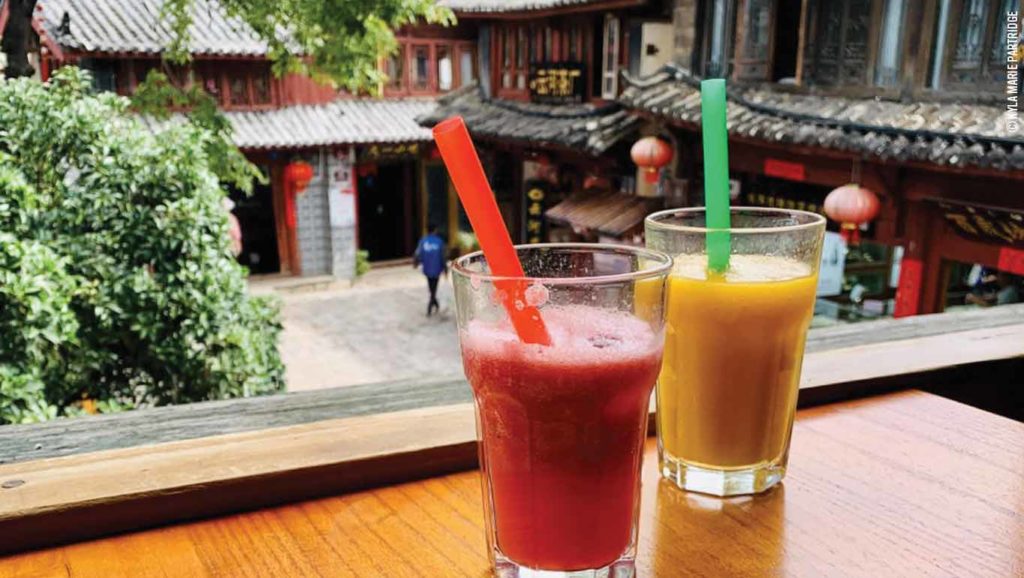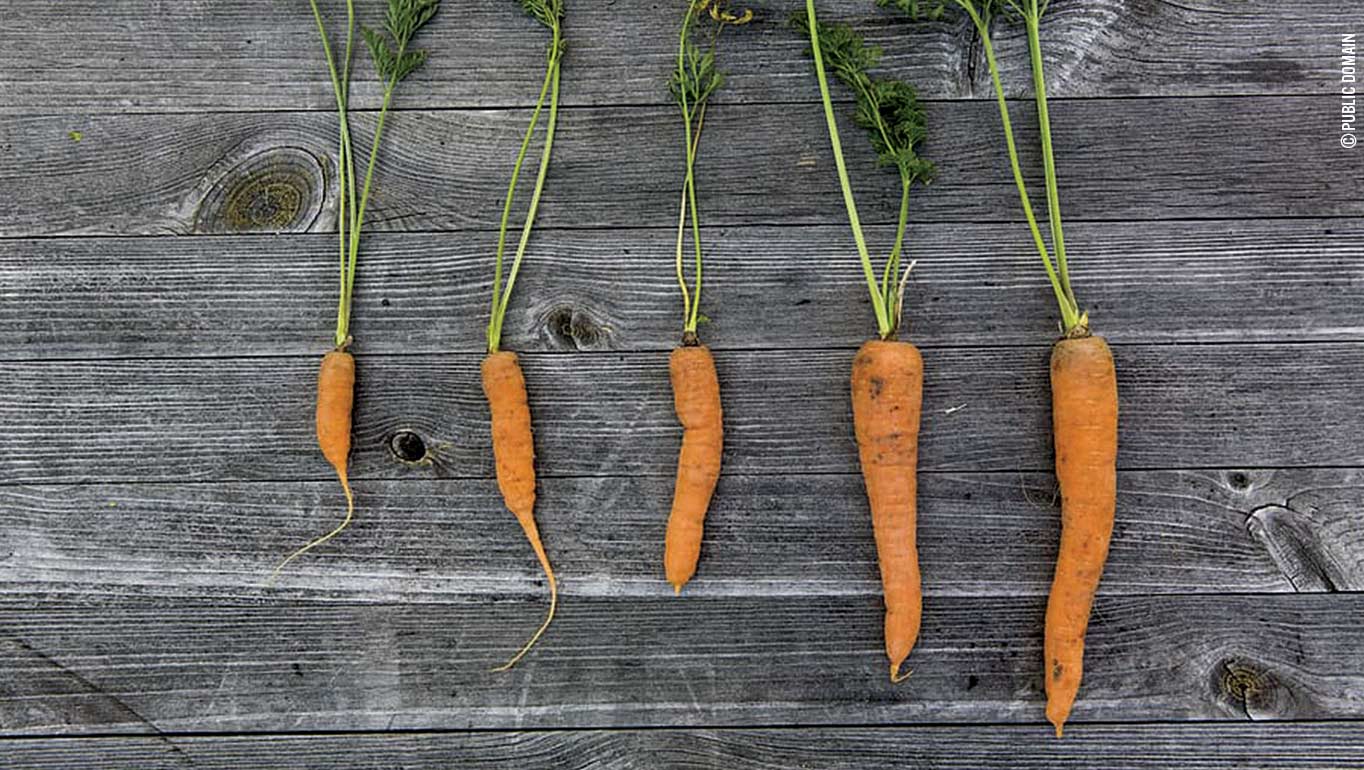In 2016, the UN General Assembly designated 18 June as Sustainable Gastronomy Day to acknowledge gastronomy as a cultural expression related to the natural and cultural diversity of the world. But what is sustainable gastronomy and why does it matter?
Sustainable gastronomy is cuisine that considers where the ingredients are from, how the food is grown, and how it reaches our plates. Connection with our food system is particularly important at a time when the health of our planet is at such great risk. Food production can contribute to our global climate crisis by negatively impacting our air, water, and land — making the sustainable management of our food and agriculture critical to maintaining and revitalizing our environment.
The FAO estimates that one-third of all the food produced in the world is either lost or wasted, amounting to 1.3 billion tons per year. While there is no simple solution to this problem, sustainable gastronomy has an important role to play in combatting waste and preserving our planet. In Switzerland, the hospitality industry is taking steps to encourage healthier and more sustainable consumption patterns.
According to GastroSuisse, a sustainable food system requires the consumption of local produce, organic and seasonal ingredients, and production only in quantities needed — with the goal not to harm nature and the environment. GastroSuisse is a national federation of hotels and restaurants; it is also a founding and board member of United Against Waste – an association actively committed to reducing food waste in the entire food industry.
With two million tons of food waste generated each year in the food industry in Switzerland, restaurants are incurring significant costs while causing an unnecessary burden on natural resources. United Against Waste and its members are working to tackle this challenge and halve food waste by 2030 by developing practical solutions against food waste and making them available to the industry. Many GastroSuisse members have already used the offers of United Against Waste, successfully reducing their food losses by 10 percent.
Several restaurants in Switzerland are already going above and beyond to promote sustainability. EquiTable, located in Zurich, relies on fair trade and organic products, and uses local ingredients whenever possible. The restaurant has played a decisive role in shaping today’s shift towards sustainable gastronomy. Zurich-based catering company, Zum Guten Heinrich, boasts a no-waste philosophy — they use seasonal foods from the region as well as bulky fruit and vegetables that cannot normally be sold due to their size. Similarly, food waste pioneer and founder of FOODOO, Mirko Buri, produces delicious and natural products using discarded vegetables that would otherwise end up in the trash.

“There are many ways to reduce food waste,” explains GastroSuisse, “serve smaller portions or offer second helpings, reduce the width of the offer, use leftovers, and adapt production and recipes.” But while there are many possibilities for the hospitality industry to offer more sustainably produced food and services which are healthier for guests, there must also be a demand. According to GastroSuisse, “An important reason for visiting the hospitality industry is indulgence.” So while restaurants work to provide more sustainable options, it is ultimately up to us, as individuals, to make a shift in our consciousness towards selecting foods that are healthy for both our bodies and the environment.
There are many ways that you can start to make your diet more sustainable today:
• Purchase locally grown products
• Shop for seasonal crops
• Cut back on meat consumption
• Avoid food waste
Sustainable Gastronomy Day is a reminder that with environmental change comes food systems change, thus we must also change and adapt if we are to preserve our planet.



